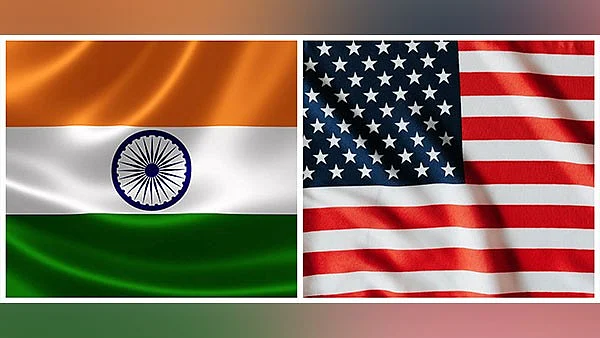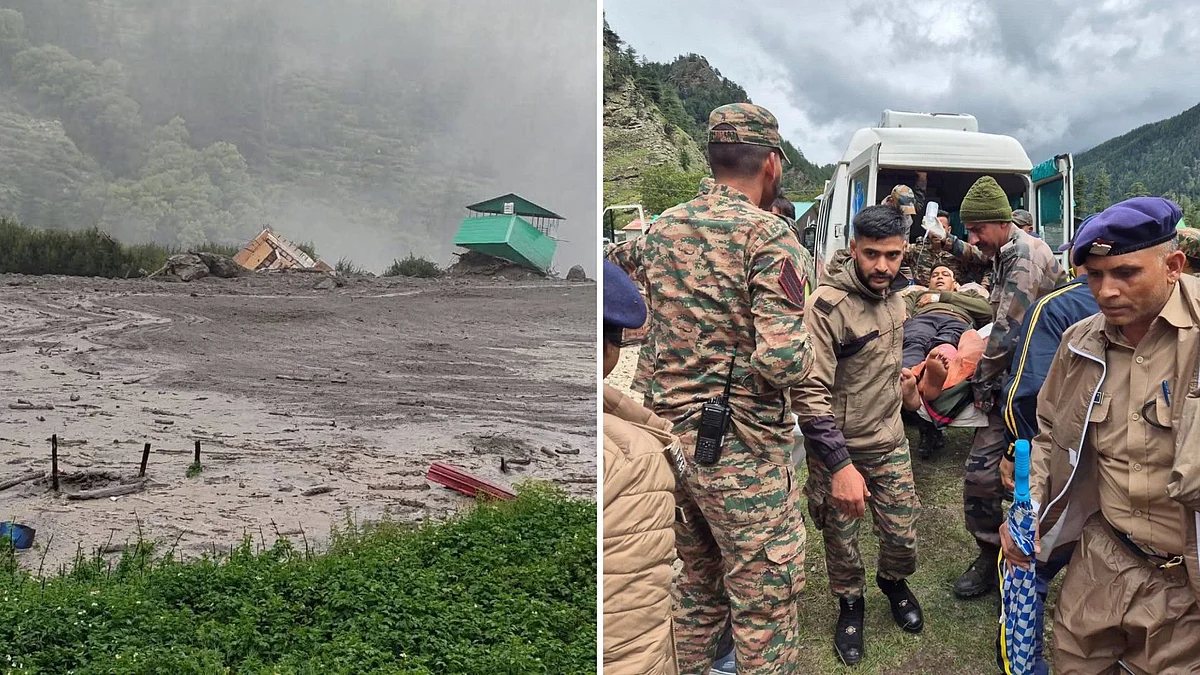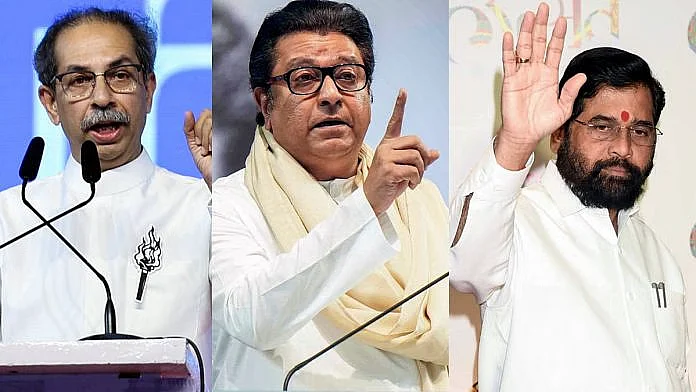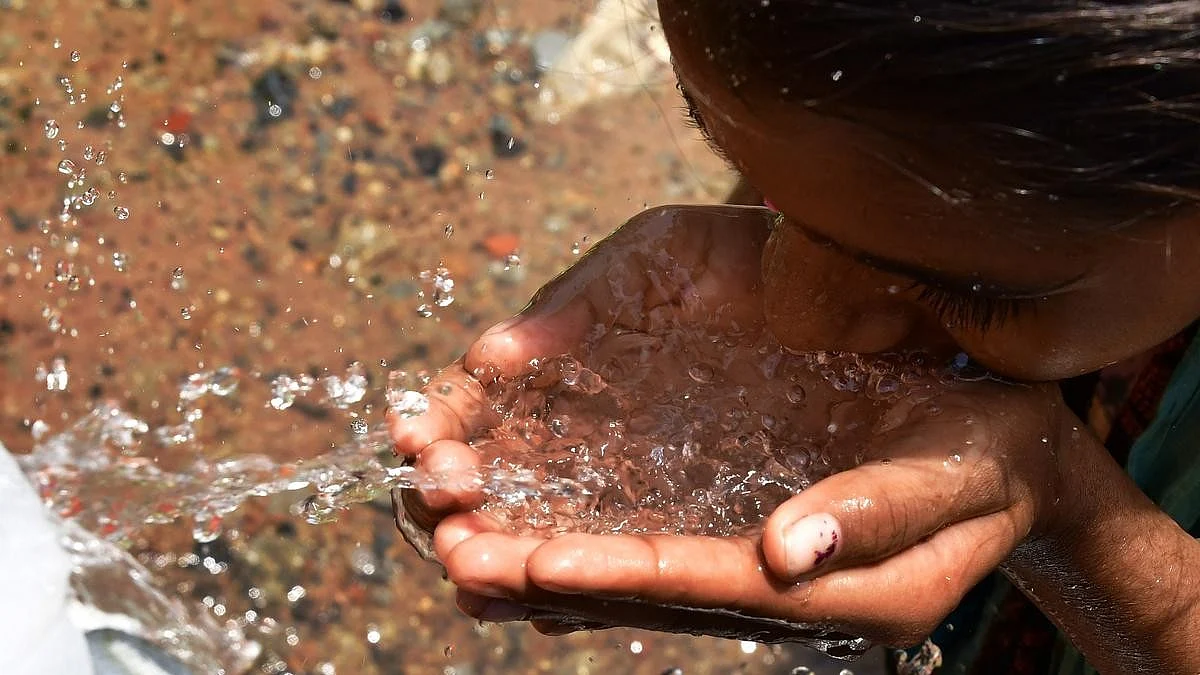Torched buildings, curfews, protests, a digital blackout, and quota disputes have plunged the nation into chaos. Clashes between students, government backers, and police have tragically escalated resulting in volatile situation, prompting internet blackout and mobile shutdowns. Essential websites, including those of PM Hasina and the central bank, were hacked. Amidst this unrest, protesters aimed to disrupt transportation while police responded with rubber bullets, stun grenades, and tear gas.
The international community swiftly condemned the violence as distressing images of injured students flooded social media. Bangladesh, often overlooked in global headlines, grappled with scenes reminiscent of authoritarian repression. Calls for justice and accountability resonated globally, underscoring the urgent need for humanitarian intervention.
Background:
In Bangladesh, 56% of government jobs are allocated through quotas, with allegations of corruption affecting the remaining 44%, including leaked exam papers. The focal point of student protests is the 30% quota reserved for descendants of freedom fighters, highlighting concerns over fairness and transparency in job allocations.
This movement echoes back to 1972 when Sheikh Mujibur Rahman introduced the quota system to honor those who fought for Bangladesh's independence from Pakistan. Prime Minister Sheikh Hasina's recent remarks, comparing descendants of freedom fighters to "razakars" (Pakistani collaborators), sparked widespread student anger and protests. Their rallying cry, "Tumi ke ami ke -razakar razakar, ke boleche ke boleche- shoirachar shoirachar" (meaning "Who am I, who are you: Razakar Razakar, who said this: a dictator, dictator") has become part of Bangladesh’s history.
As hashtags such as #SaveBangladesh, #StudentsUnderAttack, and #StudentsInDanger trend globally, it is crucial to comprehend why Bangladesh, a highly underdeveloped nation, is now making prominent headlines worldwide.
Prime Minister Sheikh Hasina secured her fourth consecutive election victory in January amid protests & political unrest, bolstering her leadership despite a subdued opposition over the past fifteen years, PM continues to consolidate power. Leading the Awami League since 2008, she champions Bangladesh's interests through initiatives like BRICS, BIMSTEC, and OBOR, emphasizing development through foreign investments and cooperative ventures. Bangladesh aims to shed its Least Developed Country status by 2026, yet challenges persist, including the unresolved Rohingya crisis and climate threats. As Hasina had earlier cautioned hosting nearly a million Rohingya refugees will cause instability and insecurity in the “region and beyond.” Reports are highlighting an alarming rise in cross-border organized crime as well as human and drug trafficking. She had also voiced concerns that challenging situations are fuelling extremism in Bangladesh.
Bangladesh has significantly reduced poverty, with the rate dropping from 11.8 percent in 2010 to just 5 percent in 2022, a milestone recognized by the World Bank. Positioned strategically along a 580-km coastline on the Bay of Bengal, it plays a crucial role in maritime security, facilitating over 90 percent of its international trade through sea routes. Bangladesh's growing economic stature has attracted substantial investments from global powers like China, the US, Japan, and India, driving its development ambitions.
India:
In FY 2022-23, India and Bangladesh saw bilateral trade reach $15.9 billion, marking a significant surge. Strengthening defence ties, both countries have expanded collaboration in maritime security, ocean economy, space exploration, and telecommunications. India's proactive stance aims to counterbalance China's growing influence in Bangladesh, reshaping regional geopolitics and prompting a reassessment of alliances. With a 4,096- kilometer border, connectivity projects like the Kolkata-Dhaka Maitree Express highlight the cornerstone of their relationship. Bangladesh's foreign policy navigates its reported dissatisfaction with Chinese arms manufacturing while pursuing modern weaponry in alignment with its 'Forces Goal 2030'.
China:
China's investment in Bangladesh soared to nearly $1.4 billion, bolstering ties and creating 550,000 jobs through support for over 700 Chinese companies. This robust partnership reflects China's strategic interests in South Asia and the Indian Ocean, despite concerns over debt-trap diplomacy. However, Prime Minister Hasina's alignment with India has strained relations with Beijing, as promises of substantial financial support were largely unmet during recent negotiations, highlighting evolving dynamics in the region's geopolitical landscape.
Japan:
Bangladesh currently hosts nearly 350 Japanese companies, contributing investments exceeding $380 million. The ambitious Matarbari deep-sea port project, crucial for Japan and India, aligns with their strategic goals in countering Chinese influence and debt diplomacy within the Quad alliance. Japan sees this port initiative as pivotal for establishing a significant presence in the Bay of Bengal, poised to boost regional trade, attract investments, and spur infrastructural development. This endeavour promises to catalyse economic growth across Bangladesh, Northeast India, Nepal, Bhutan, and neighbouring Bay of Bengal countries.
US:
Bangladesh's deepening economic and defence ties with China, alongside its reluctance to commit to either the China-led Regional Comprehensive Economic Partnership or the US's Indo-Pacific Economic Forum, have strained relations with the United States. Concerned about Beijing's expanding influence, Washington D.C. has intervened in Dhaka's internal politics, criticizing issues such as human rights violations and electoral integrity, aiming to influence the Bangladeshi government. Amidst this turmoil, a prominent lawmaker in Bangladesh suggested that the US aims to gain control over the strategically vital Saint Martin Island, echoing Prime Minister Hasina's concerns about a potential regime change plot against her leadership.
Yet crucial questions remain: What sparked the escalation from peaceful protests to rampant violence? Who orchestrated the prison arson and subsequent inmate releases? These unresolved issues highlight the intricate and uncertain nature of recent events in Bangladesh, exposing deep socio-political tensions and external influences. As Bangladesh experiences rapid economic growth and attracts substantial investments, pervasive corruption has stirred widespread discontent among the youth, fuelled by three particularly egregious cases.
Recent scandals in Bangladesh have highlighted pervasive corruption within key institutions. A legal notice has demanded information from government officials regarding individuals who allegedly passed the nationwide BCS exam using leaked questions. Reports suggest former drivers and employees of the Bangladesh Labor Commission profited from selling these exam papers for substantial sums over decades, revealing entrenched corruption in Bangladesh's public service recruitment system. Another scandal involved retired General Aziz Ahmed, Bangladesh's former chief of staff, who faced blacklisting for significant corruption. His brother, Haris Ahmed, allegedly ran a criminal syndicate using police and paramilitary forces for abductions and bribes, implicating Aziz in illicit contracts and abuse of public office. Additionally, former Inspector General of Police Benazir Ahmed was accused of embezzling millions with senior police officials during his tenure, casting doubt on the integrity of Bangladesh's law enforcement agencies. These cases have fuelled public discontent and raised serious concerns about transparency and accountability in the country's governance.
Bangladesh stands at a pivotal juncture, balancing economic growth with geopolitical complexities. The world watches, with bated breath, as Bangladesh stands at a crossroads, grappling with its past while striving towards a future where fairness and equity prevail over corruption and oppression.
(The writer, Aarti Chandrakumar Shrivastav, is a national award-winning documentary maker. She can be reached at s.aarti@icloud.com)










